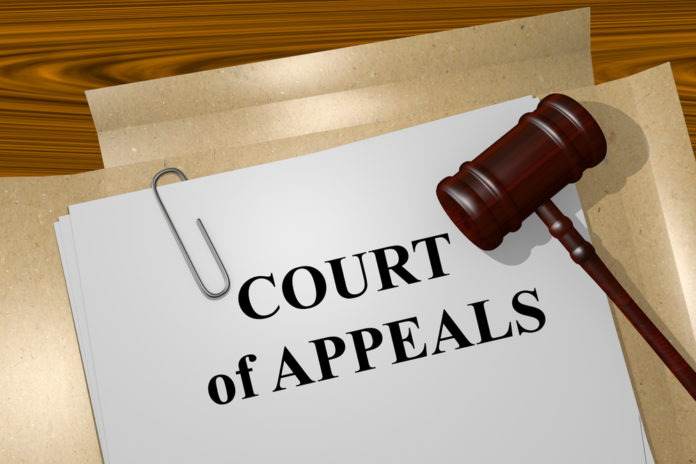CBCA decision dismissing appeal for lack of jurisdiction is reversed. The board had dismissed the appeal because the contractor had not properly certified the underlying claims. While defective claims can be corrected, the board ruled that the only technical defects that did not constitute a reckless disregard for the certification requirements can be corrected. But the Federal Circuit held that the Contract Disputes Act does not limit corrections to technical or inadvertent defect; the type of defect or intent behind the defect is irrelevant. The board erred in dismissing the appeal.
DAI Global, LLC had contracts with the U.S. Agency for International Development to provide development services in Afghanistan. DAI subcontracted with Edinburgh International (EI) to provide security. The Afghan government imposed a $2 million fine on EI due to the size and composition of its workforce. EI allocated a portion of the fine to DAI contracts.
DAI sent a letter with EI’s claims to USAID, seeking reimbursement for the fine. DAI characterized the letter as a certification. Indeed, DAI included EI’s certification, which stated that the claims were made in good faith. USAID refused to consider the claims, contending that they did not contain a contractor certification.
DAI appealed to the CBCA. The board, however, dismissed the appeal for lack of jurisdiction because the claims had not been properly certified. While defective claims can be corrected, the board reasoned that only technical errors in a certification are correctable. What’s more, the board continued, DAI’s reckless disregard of the certification requirements also rendered the certification un-correctable. DAI appealed the dismissal of its appeal to the Federal Circuit.
The Federal Circuit reversed CBCA. Under the Contract Disputes Act, a defective certification does not deprive a board of jurisdiction. Rather, when a certification is defective, the board shall require the defect to be corrected. Contrary to the CBCA’s reasoning, there is no requirement that a defect in a certification be merely “technical” to be correctable. Moreover, there was no statutory basis for the board to find a defect uncorrectable based on intentional, reckless, or negligent disregard for the certification requirements.
The board’s erroneous holding had been based on the text of an unenacted version of the CDA. The statute as enacted, however, did not limit correctable defects to technical or unintentional defects.
The Federal Circuit held that DAI’s letter conveyed a clear intent to certify the claims and expressly stated that it was an attempt to comply with the CDA. Moreover, EI’s certifications, which were included with DAI’s letter, contained the certification language required by the CDA.
Because the board had jurisdiction over DAI’s claims, the Federal Circuit reversed and remanded for further proceedings.
DAI is represented by Jonathan David Shaffer, Armani Vadiee, Todd Matthew Garland, and Zachary David Prince of Smith. Pachter, McWhorter, PLC. The government is represented by Geoffrey Martin Long, Joseph H. Hunt, Robert Edward Kirschman, Jr., and Patricia McCarthy of the U.S Department of Justice.





